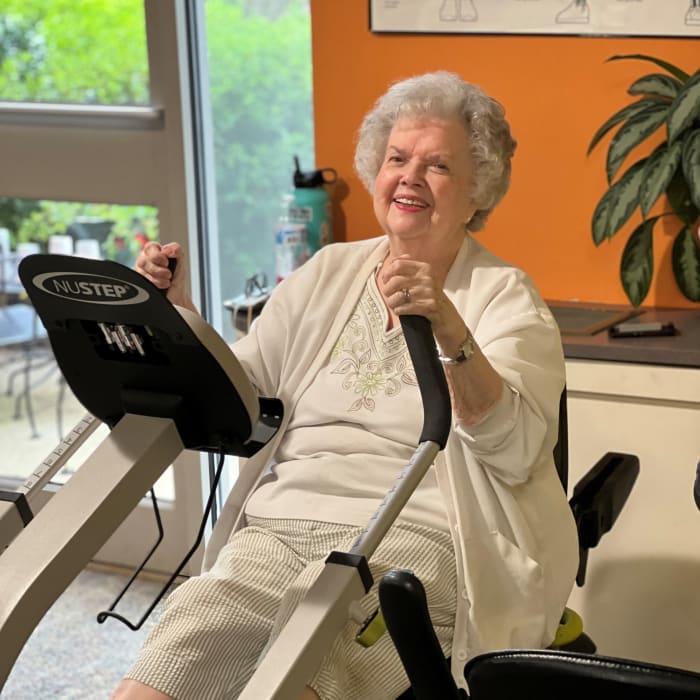Managing health anxiety
The coronavirus outbreak has disrupted our lives and taken over our news. So it’s no surprise that many people have become worried about getting sick. But when this worry becomes life-consuming, it transforms into health anxiety. Learn more about this condition and when to get help for it.
What is health anxiety?
It’s normal to be concerned about your health, especially in times like these. But health anxiety takes this concern further. For example, when someone with health anxiety gets a sore throat, their mind might immediately jump to cancer. A health test comes back negative for a disease, but they still think they have it. They have no symptoms of a disease, but think they should visit the doctor “just in case.” These are all examples of health anxiety.
Signs of health anxiety can include:
- Constant worrying about health.
- Frequent checking for signs of illness.
- Wondering if a doctor or test missed something.
- Obsessively reading health information on the internet.
- Avoiding help for fear of a misdiagnosis.
- Feeling symptoms like headaches or a racing heartbeat (caused by the anxiety).
How to manage health anxiety
Living with health anxiety is difficult. Your brain is constantly telling you something is wrong, even if you have no or few physical symptoms. Once a disease is on your mind, every little change in your body seems to be a sign that you’re sick. As you worry, your anxiety can cause a variety of symptoms and vice versa, creating a vicious cycle.
Try these tips to help manage your anxiety about health:
- Keep a diary of how often you perform any actions related to your anxiety. As you find patterns in your actions, try to reduce how often you do them.
- Write down your health worries. As you write each thought, balance them out with a more neutral or positive thought. For example, your worry might be about how tired you are and if it could be COVID-19. Looking at it from a different perspective, you would acknowledge that your tiredness could be related to your late bedtime last night.
- Stay busy. Distracting yourself from your health worries can help lower anxiety. When your mind becomes preoccupied with thoughts about your health, try going for a walk or calling a friend.
- Try relaxation techniques. Deep breathing, meditation and yoga can all help with the physical symptoms of anxiety.
When to get help for health anxiety
If anxiety about your health has become difficult to control and your primary care doctor has ruled out a physical ailment, it may be time to see a behavioral therapist. A licensed therapist can determine if you have an underlying mental illness and provide treatment options such as psychotherapy and medications.
Sources
Anxiety and Depression Association of America. (2018) Health Anxiety: What It is and How to Beat It. Available at: https://adaa.org/learn-from-us/from-the-experts/blog-posts/consumer/health-anxiety-what-it-and-how-beat-it
Harvard Health Publishing. (September 2018) Always worried about your health? You may be dealing with health anxiety disorder. Available at: https://www.health.harvard.edu/mind-and-mood/always-worried-about-your-health-you-may-be-dealing-with-health-anxiety-disorder
HelpGuide. (April 2020) Coronavirus Anxiety: Coping with Stress, Fear, and Worry. Available at: https://www.helpguide.org/articles/anxiety/coronavirus-anxiety.htm
HelpGuide. (April 2020) Dealing with Uncertainty During the Coronavirus Pandemic. Available at: https://www.helpguide.org/articles/anxiety/dealing-with-uncertainty.htm
NHS. (Sept. 26, 2017) Health anxiety. Available at: https://www.nhs.uk/conditions/health-anxiety/






